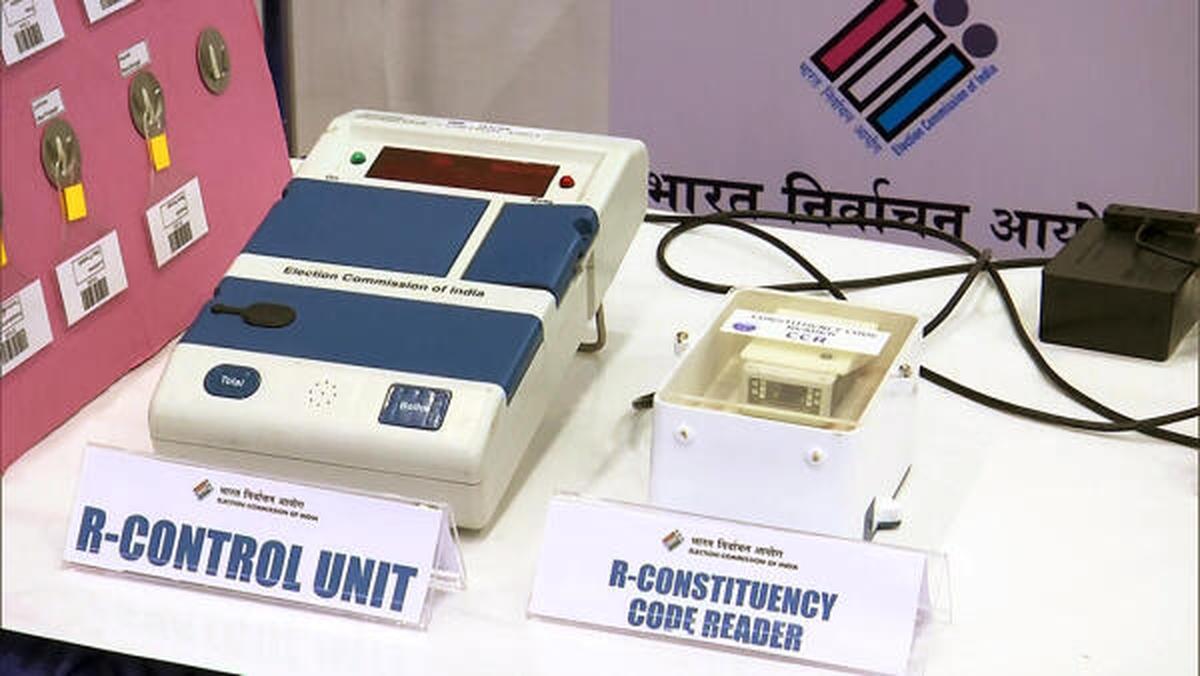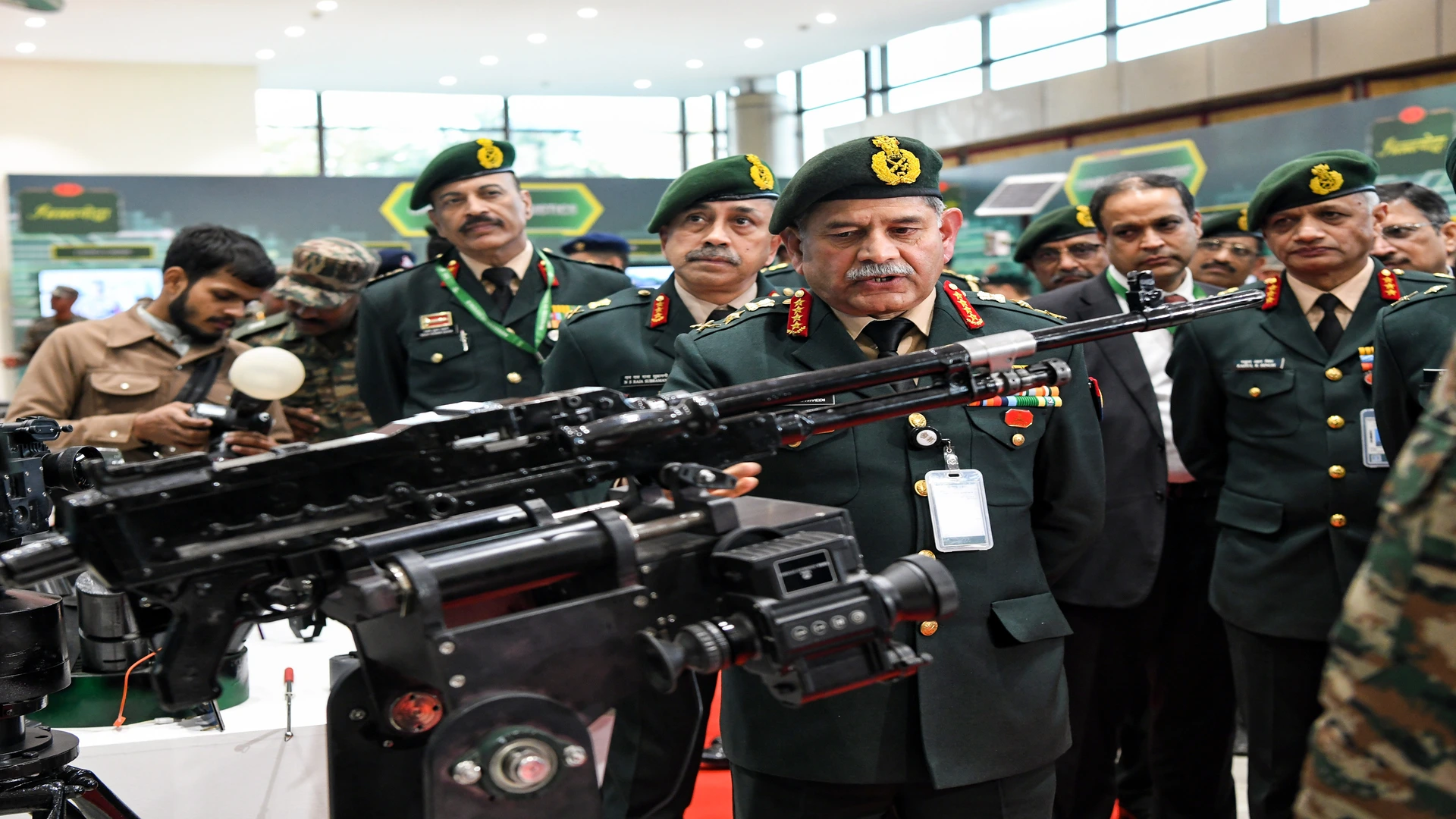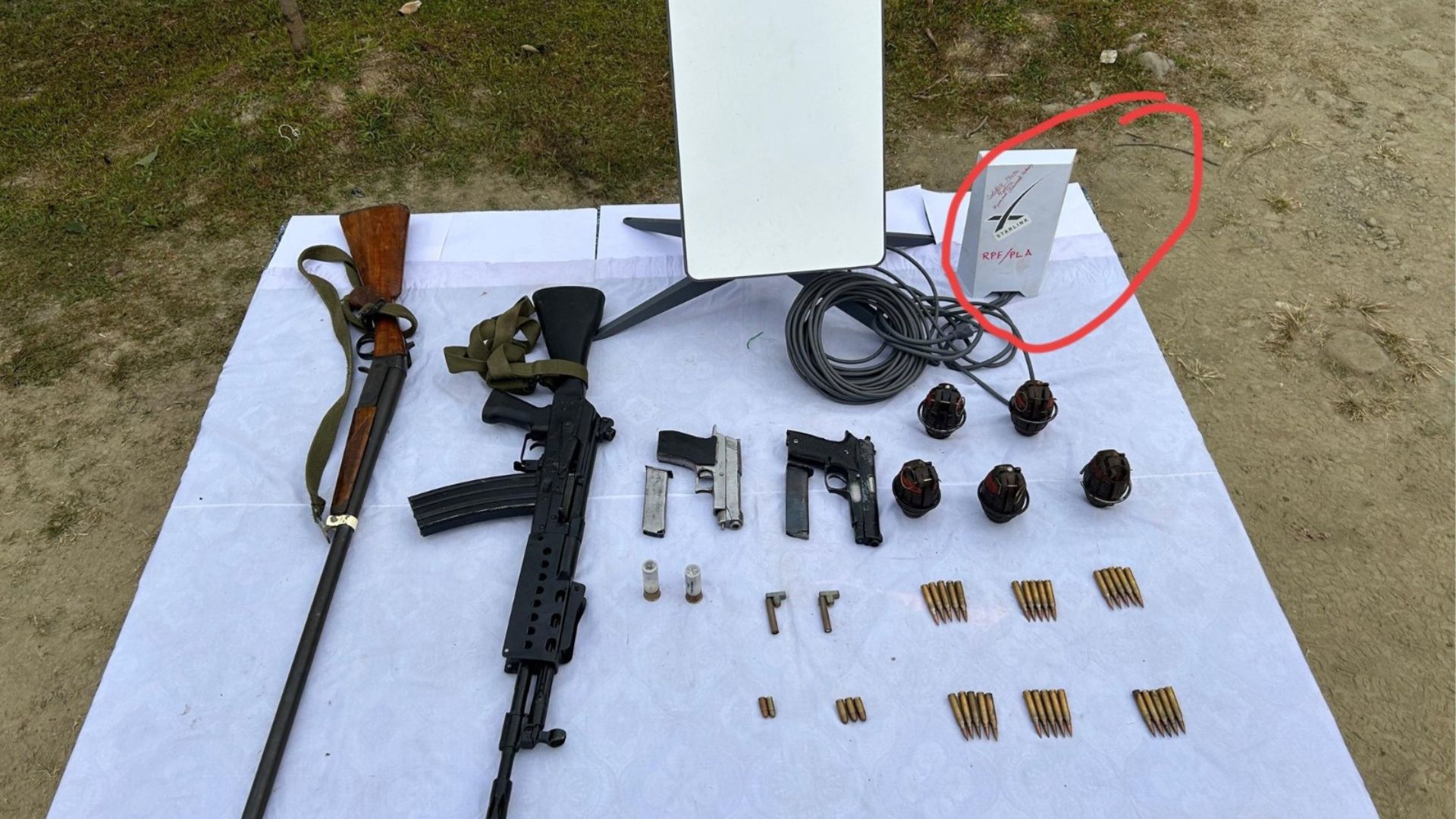
A week ahead of the results of the general elections, efforts to muddy the credibility of the electoral process is going on in full swing. Every effort has been made over the years to question the electronic voting machines, by spreading canard. The political parties opposing the use of EVMs, till date have not been able to provide a shred of evidence to show that the machines can be hacked to vote only for the current ruling party at the Centre. In spite of this the misinformation has continued and reached a crescendo in the last few months, in the run-up to the Lok Sabha elections. Activists have taken matters to court and insisted on cross-verification of every single vote cast on EVMs, by counting the voting slips in every voting machine—and not just the five randomly selected by the ECI in every Assembly constituency—thus delaying the declaration of results by several days, if not weeks, apart from increasing the possibility of errors because of additional human intervention. Eventually the Supreme Court judges had to say that they were not in a position to dictate the Election Commission of India, a constitutional authority, just because the activists wanted it. And that there had to be an element of trust in the system. “If you are predisposed about a thought-process, then we cannot help you… we are not here to change your thought process,” the Supreme Court reprimanded the activists.
It is this thought process that is problematic. When Congress lost the Madhya Pradesh elections in November 2023, even some of the most senior political leaders and many in the ecosystem, were convinced that the election had been stolen by the use of EVMs. There was no attempt to analyse the defeat, focus on the shortcomings, but blame was put straight on the EVM, as in their own eyes, they had done everything right to win the election. It’s a different matter that when Opposition parties win any state election, the EVM functions fine.
The latest controversy being created is over voter turnout data, with the Supreme Court being appealed to make the ECI public even booth level data inside 48 hours. Given that the appeal was made when 5 phases of polling were already conducted, the Supreme Court turned down such a request and will hear it only after the results are declared. The ECI has already rubbished the charge that there is discrepancy in voter turnout. In fact, the ECI has been promptly clearing all questions raised about the election.
The problem is that the wild conspiracy theory where an evil EC is stealing the election from the Opposition at the direction of the ruling government, has spilled over from social media into mainstream opposition discourse. Anecdotal evidence suggests that at least a section of Opposition voters and opinion makers believe in this canard. It’s a different matter that even the most obtuse will be able to see that the election has moved to a phase where the question is no longer about who will win, but how many seats the BJP will win on Prime Minister Narendra Modi’s name.
The phenomenon of “if we do not win the election, it must have been stolen” is known as “election denialism”. It puts voters at risk of feeling disenfranchised, since they start thinking that their votes do not count. It’s bad for democracy, when sections of the population start losing faith in democratic institutions. This may also cause chaos in society, especially if some political parties decide to follow up on their warning of street unrest if they think that the election has been stolen. The duty of a responsible political party in the world’s largest democracy, either in government or in opposition, is to accept the electoral verdict—win or lose. If it’s an electoral loss, instead of hiding behind the excuse of voting-manipulation the parties concerned need to analyse their failure and draw up a better strategy for the next election. However, if all this talk about EVMs is posturing, parties need to be more alert about how it affects the voters. The health of our democracy depends on it. India’s institutions are strong, India’s democracy is strong, India’s Election Commission is doing an exemplary job of taking the election to over 90 crore voters. The EC is lauded the world over for the meticulousness with which it conducts India’s elections. Nothing should be allowed to happen to change that.















